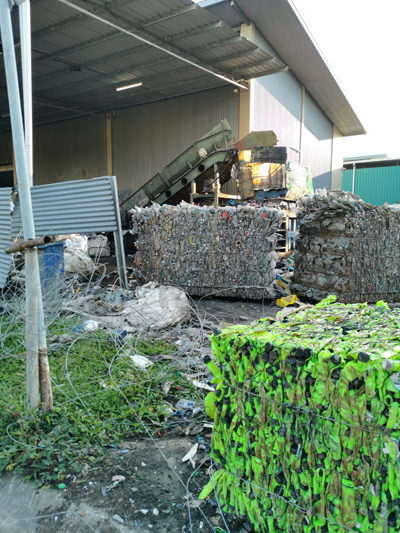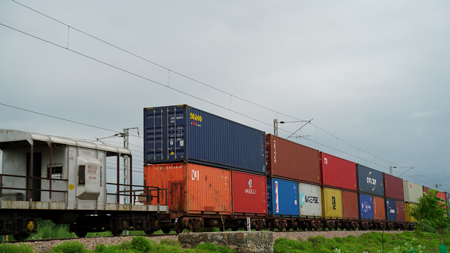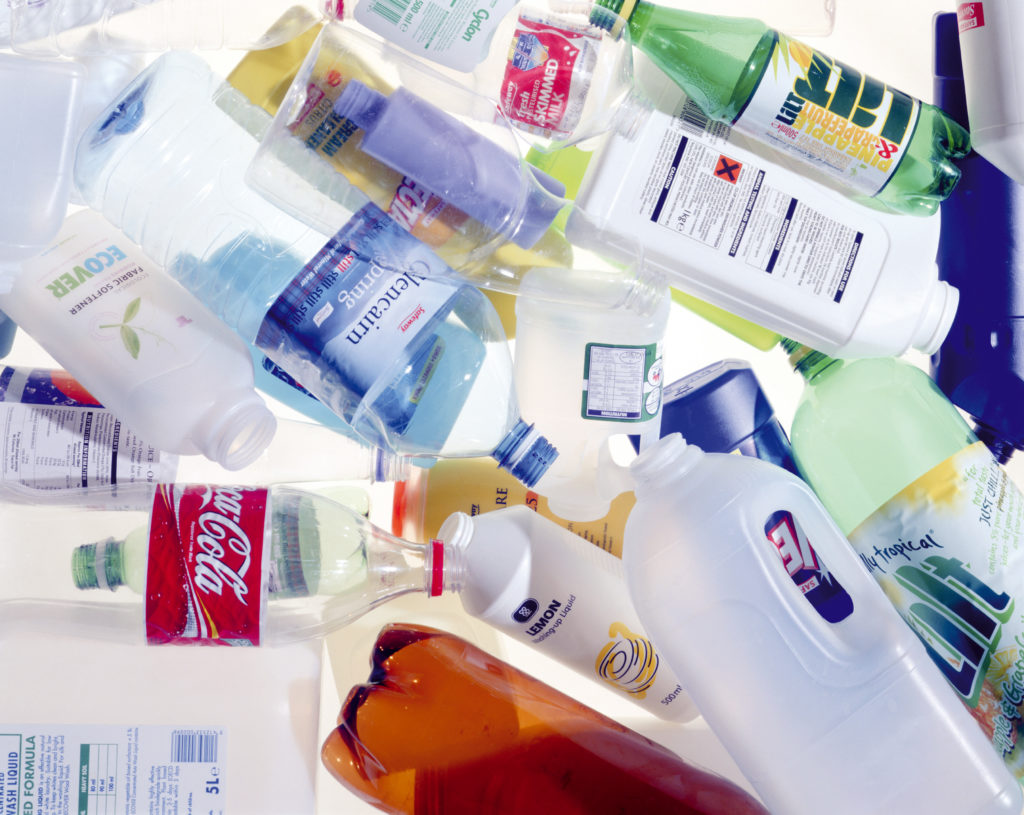In a letter to stakeholders (copied below), the Agency explains how amendments to the Basel Convention are coming into force today (1 January 2021) via new UK regulations and how they will impact immediately on exports to non-OECD countries. The amendments do not mean a ban on exports to the countries but until permissions are secured, exports will halt.

A spokesperson for Defra told letsrecycle.com that the issue “concerns the European Union as well as the UK, and that other regulators have also issued guidance to stakeholders in recent days”.
Industry observers have spoken of their surprise at the announcement from the Environment Agency just a day before the new rules came into force. On average, 17,500 tonnes of waste plastics are exported from England alone each month to non-OECD countries.
Pre-notification
In summary, the regulations mean that exporters of plastics to non-OECD countries must have specific approval (pre-notification) in advance because bilateral agreements between these countries and the UK are still be drawn up. Consequently, loads of material already destined for shipping but lacking pre-notification approval will not legally be able to move.
And, over this month and potentially into the spring, until Defra and the Environment Agency and other regulators secure these bilateral agreements, waste plastics exports to the non-OECD countries will continue to not be allowed. Questions remain as to whether all the non-OECD countries will actually want to sign up to continuing to receive plastic waste exports for recycling as some have indicated crackdowns on the import of “waste”.
Non-OECD
The Agency estimates that around 210,000 tonnes of plastic wastes are exported each year from England to non-OECD countries, including Hong Kong (36%), Malaysia (23%), Indonesia (13%), India (7%), Taiwan (7%), China (5%) and Pakistan (4%). Other destinations, such as Turkey are OECD countries.
In light of the restrictions, albeit until agreements can be reached, UK reprocessors will be likely to take in some more material and exports increase to Europe and Turkey. But, there will be implications for market prices, the issuing of PRNs (packaging waste recovery notes) and the plastics storage levels at waste and recycling sites.

On storage volumes, the Environment Agency has asked waste businesses who may not be able to move waste plastics to contact them. In Northern Ireland, the Department of Agriculture, Environment and Rural Affairs has advised operators to undertake contingency planning.
Useful links for information about the Basel and Brexit changes and plastics include the following:
- UK regulations on Basel changes, legal text
- Gov.uk guidance on importing and exporting waste plastic
- Stakeholders’ letter from the Environment Agency, copied below and opens here as PDF
- Northern Ireland DAERA, waste guide Brexit
- Scotland guidance from the Scottish Environment Protection Agency
- Scotland SEPA (pdf) Basel Convention amendments plastic waste
The Scottish Environment Protection Agency document contains a number of useful FAQs although its position may differ from the Environment Agency. (Information from Natural Resources Wales is awaited)
One of the topics discussed in the SEPA document and which will be a feature of future exports is the levels of contamination that may be permitted in export loads. This is likely to be discussed further in 2021 with the gov.uk guidance for England referencing the term “almost free from contamination and other types of waste, including other waste plastics”.
LETTER FROM ENVIRONMENT AGENCY 31 DECEMBER 2020
Dear Stakeholder,
Imminent Basel Convention amendments mean most plastic waste streams will need prior notification before shipment on or after 1 January 2021.
On 1 January 2021 amendments to the international Basel Convention governing the movement of certain wastes come into force. The amendments apply stricter controls to the international trade in waste plastics in light of the global focus on their environmental impact. The UK is applying the amendments in full via the International Waste Shipments (Amendment of Regulation (EC) No 1013/2006) Regulations 2020. The International Waste Shipments (Amendment of Regulation (EC) No 1013/2006) Regulations 2020 (legislation.gov.uk)
One of the amendments covers clean, separated single stream plastics or clean mixtures of Polyethylene Terephthalate (PET), Polypropylene (PP) and Polyethylene (PE), known as B3011 Plastics. The Basel Convention states that these exports do not need prior informed consent and can move under lighter touch ‘Green List’ controls. However, UK Green List legislation means that this approach must be agreed with all non-OECD countries directly. These agreements have not yet been made and therefore from 1 January 2021 B3011 wastes from the UK to non-OECD countries must only move where prior informed consent is in place. These rules apply across the EU and the UK.
B3011 wastes may still be moved to OECD destinations under the lighter Green List waste controls.
Defra will undertake a consultation process in early 2021 with competent authorities of non-OECD countries to identify what controls each wishes to apply to B3011 from the UK. This will then need to be reflected in new legislation and may result in B3011 plastics remaining as requiring prior informed consent, being prohibited or falling into the lighter Green List waste controls. We are working with Defra to ensure countries that receive most UK waste are prioritised.
We will keep industry updated as things progress.
In the interim, businesses exporting B3011 classified plastics from England to non-OECD countries must apply for a notification from the Environment Agency.
This can be done online via IWS online. If companies believe this change will cause problems that may cause them to breach the terms of their permit, we urge them to contact us via WasteRegExecSupport@environment-agency.gov.uk
Failure to comply with the requirement may result in wastes being returned at the exporter’s own cost, being stopped during transit and / or formal action being taken by the Environment Agency or overseas competent authorities.
We estimate that around 210,000 tonnes of plastic wastes are exported each year from England to non OECD countries particularly Hong Kong (36%), Malaysia (23%), Indonesia (13%), India (7%), Taiwan (7%), China (5%) and Pakistan (4%). List of OECD Member countries – Ratification of the Convention on the OECD
Further information and advice is available from askshipments@environment-agency.gov.uk
Regards, Waste Regulation, Environment Agency








Subscribe for free